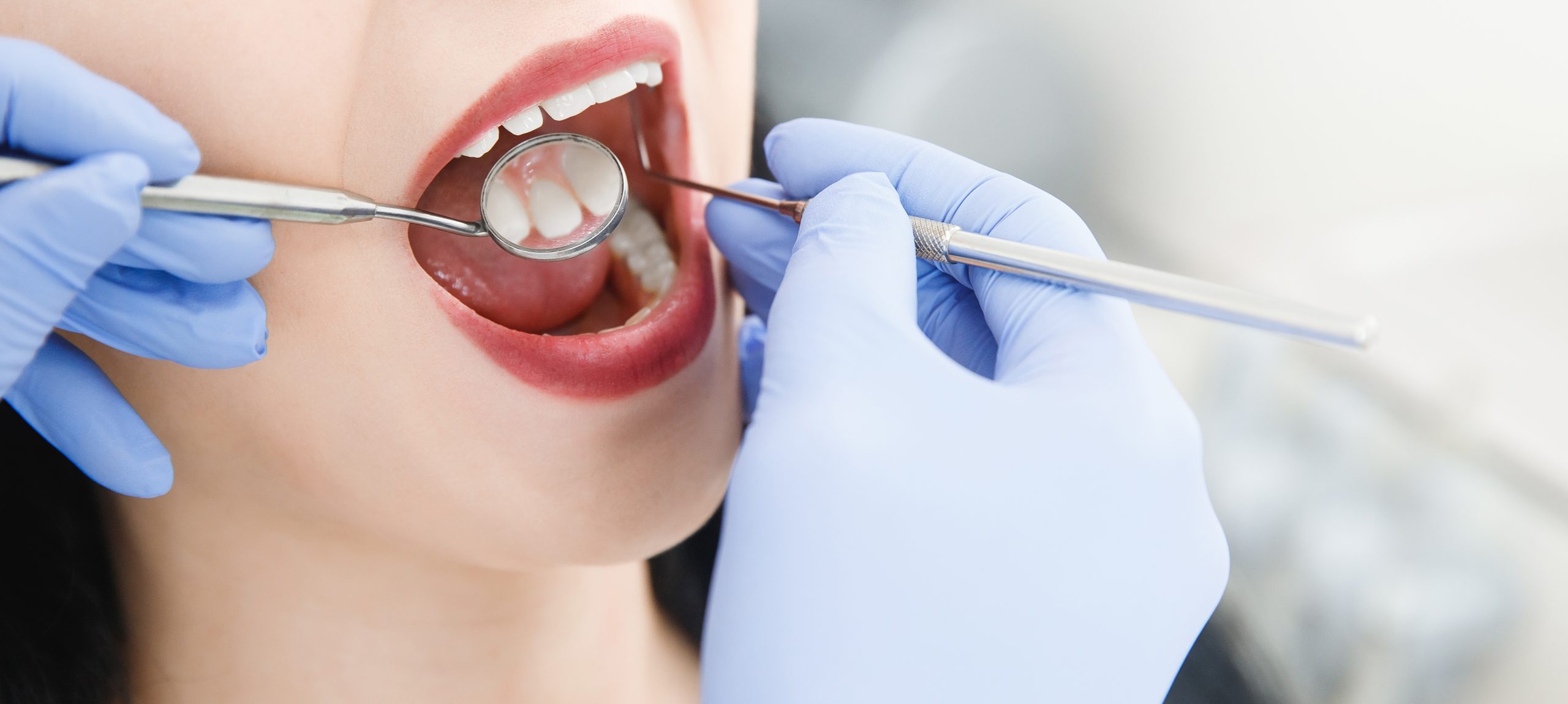While having access to emergency dental care is crucial for addressing sudden dental issues, such as severe tooth pain, broken teeth, or dental trauma, it’s important to note that not all Dentists in Chicago IL offer 24-hour services. However, many dental practices do provide emergency dental care during extended hours or on weekends to accommodate urgent cases. Here are some key points to consider regarding emergency dental care:
- Emergency Dental Situations: Dental emergencies can include severe toothaches, dental abscesses, knocked-out teeth, broken or chipped teeth, lost fillings or crowns, and injuries to the mouth, jaw, or soft tissues. These issues may require immediate attention to alleviate pain, prevent further damage, and preserve oral health.
- Finding Emergency Dental Care: If you experience a dental emergency outside of regular office hours, it’s essential to know where to turn for help. Start by contacting your regular dentist’s office to see if they offer emergency services or have recommendations for after-hours care. Alternatively, you can search online for emergency dental clinics or Dentists in Chicago IL that specialize in urgent dental care.
- Urgent Care vs. Emergency Room: In some cases, dental emergencies may be treated at urgent care centers or hospital emergency rooms, particularly if they involve severe pain, swelling, or bleeding, or if there is a risk of infection or other complications. However, it’s important to note that emergency rooms may not have dental specialists on staff, and treatment options may be limited.
- Preventive Measures: While it’s essential to know where to go for emergency dental care when needed, taking preventive measures to maintain good oral health can help reduce the risk of dental emergencies. This includes practicing good oral hygiene, attending regular dental check-ups and cleanings, wearing protective gear during sports or recreational activities, and avoiding habits that increase the risk of dental injuries or damage.
- Emergency Dental Services: Emergency dental care may include treatments such as pain relief, tooth extractions, dental repairs (e.g., fillings, crowns, bonding), root canal therapy, treatment of oral infections, and management of trauma or injuries to the teeth and mouth. The specific treatment provided will depend on the nature and severity of the dental emergency.
- Costs and Insurance Coverage: It’s important to understand the costs associated with emergency dental care and whether your dental insurance plan covers emergency services. Some dental insurance plans may have coverage limitations or require pre-authorization for certain procedures, so be sure to check your policy details and understand your coverage before seeking emergency care.
By being proactive about your oral health and knowing where to turn for emergency dental care when needed, you can ensure that you receive prompt and effective treatment in the event of a dental emergency. Don’t hesitate to contact a dentist or seek medical attention if you experience severe or persistent dental pain, swelling, or other concerning symptoms that require immediate attention.

